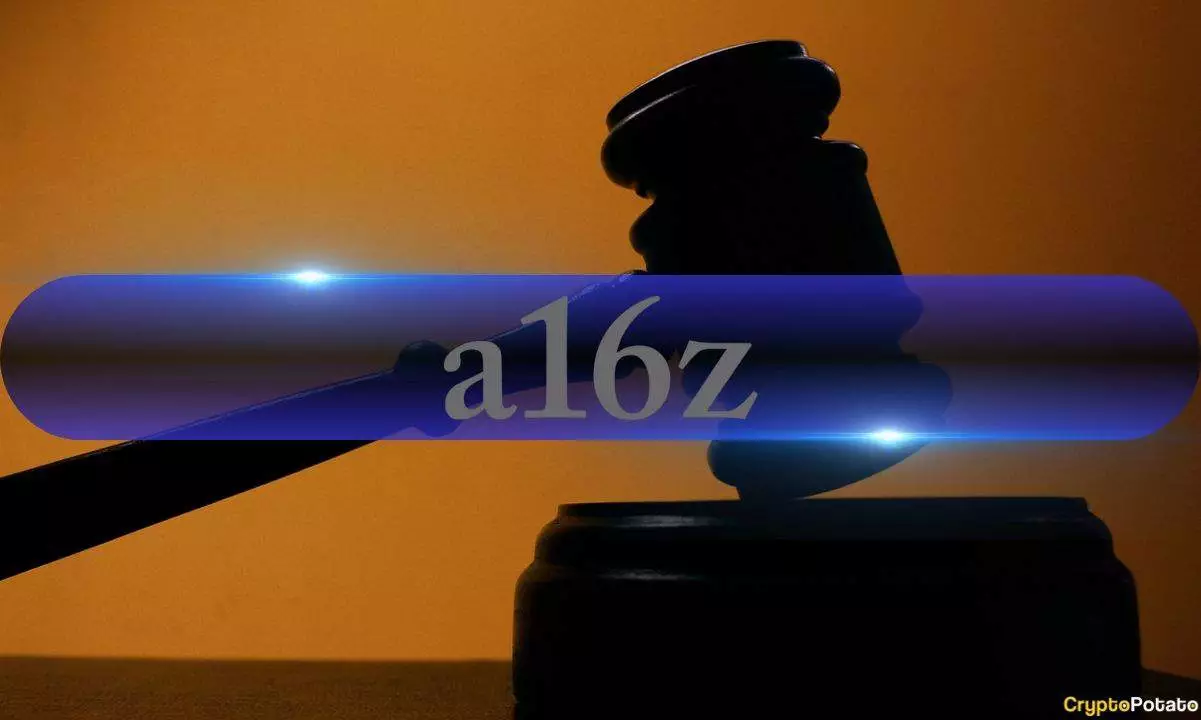The ongoing conflict between decentralized finance (DeFi) advocates and government regulators has reached a critical juncture, particularly in the context of regulatory frameworks that threaten to hinder innovation within the space. Michele Korver, the head of regulation at A16z Crypto, has articulated a staunch opposition to new broker reporting rules issued by the US Treasury and the IRS. These regulations, she argues, jeopardize the burgeoning potential of DeFi in the United States. This article will explore the implications of these rules, the ongoing legal challenges, and the broader context of regulatory attitudes toward blockchain technology.
The Threat to DeFi Innovation
Korver’s concerns spotlight a significant issue: the redefinition of “broker” under regulations stemming from the Infrastructure Investment and Jobs Act. This redefinition threatens to categorize DeFi platforms—essentially faceless entities that facilitate users’ interactions with decentralized protocols—as traditional financial brokers. By doing so, regulators would impose stringent reporting obligations that could be detrimental to the very essence of DeFi, characterized by its decentralization and lack of centralized control.
The implications are potentially vast. Advocates for DeFi argue that the barriers to entry and compliance requirements set forth by the new rule could slow down innovation, drive talent and businesses offshore, and ultimately reduce the competitiveness of the American financial technology sector. Korver’s characterization of this regulatory process as a rushed “midnight” decision reflects a broader frustration felt within the DeFi community regarding the lack of transparency and consideration in policy formulation.
In reaction to this potential overreach, the DeFi Education Fund, in collaboration with the Blockchain Association and the Texas Blockchain Council, has swiftly taken legal action to contest the new rule. The lawsuit contends that the regulations violate the Administrative Procedure Act (APA) and exceed the Treasury’s statutory authority. The rapidity of this legal response—unfolding within 24 hours of the new rule’s announcement—is a testament to the urgency with which the DeFi community perceives the threat.
Leading figures within the industry, such as Jake Chervinsky from the Blockchain Association, recognize the evolution of policy infrastructure within the crypto space that enables such coordinated legal actions. The proactive stance represents a notable shift in how blockchain advocates engage with regulatory challenges. Chervinsky’s optimism, echoed by other industry leaders, underscores a belief that the crypto community can rally against regulatory encroachments effectively.
The implications of the broker rule extend beyond immediate compliance issues; they touch upon fundamental questions of innovation and financial sovereignty. The legal redefinition seeks to impose oversight on a technology designed to enable decentralized autonomy and financial freedom. Figures like Hayden Adams, founder of Uniswap, argue that the timing and intent behind the rule illustrate a concerted effort to stymie DeFi’s progress.
Moreover, Katherine Minarik, Uniswap’s Chief Legal Officer, raises critical points about the practicality and rationale of the rule. She contends that the IRS’s misclassification of DeFi technologies as brokers not only overshoots the intended regulatory framework laid down by Congress but also imposes an impractical burden that could overwhelm the IRS with needless bureaucracy. This could lead to a chilling effect where innovation is stifled under the weight of unnecessary compliance.
As the legal battle unfolds, the DeFi community stands at a pivotal crossroads. The outcome of these challenges could shape the future of finance in America. With industry leaders rallying to defend their interests, there is a growing commitment to protecting the transformative potential of decentralized systems. As Michele Korver asserts, the industry must remain vigilant and proactive in engaging with policymakers to ensure that any regulatory framework is conducive to innovation rather than a hindrance.
Ultimately, the response from the DeFi world reveals a resilience and determination to protect an ecosystem that many believe holds the key to a more democratic financial future. The stakes couldn’t be higher, not just for the cryptocurrency sector but for the evolution of the global financial landscape itself. The crypto community is evidently ready to fight back, ensuring that the push for regulation does not result in the stifling of the DeFi innovation that could redefine financial services for generations to come.


Leave a Reply